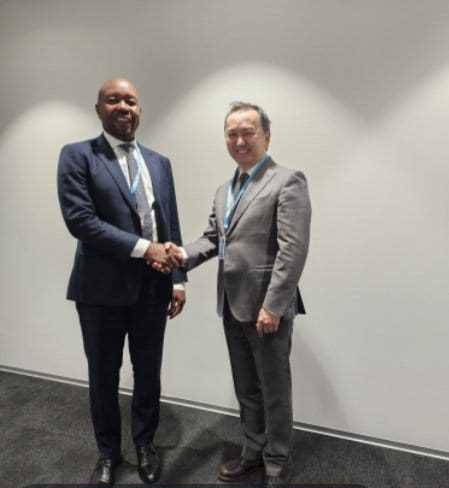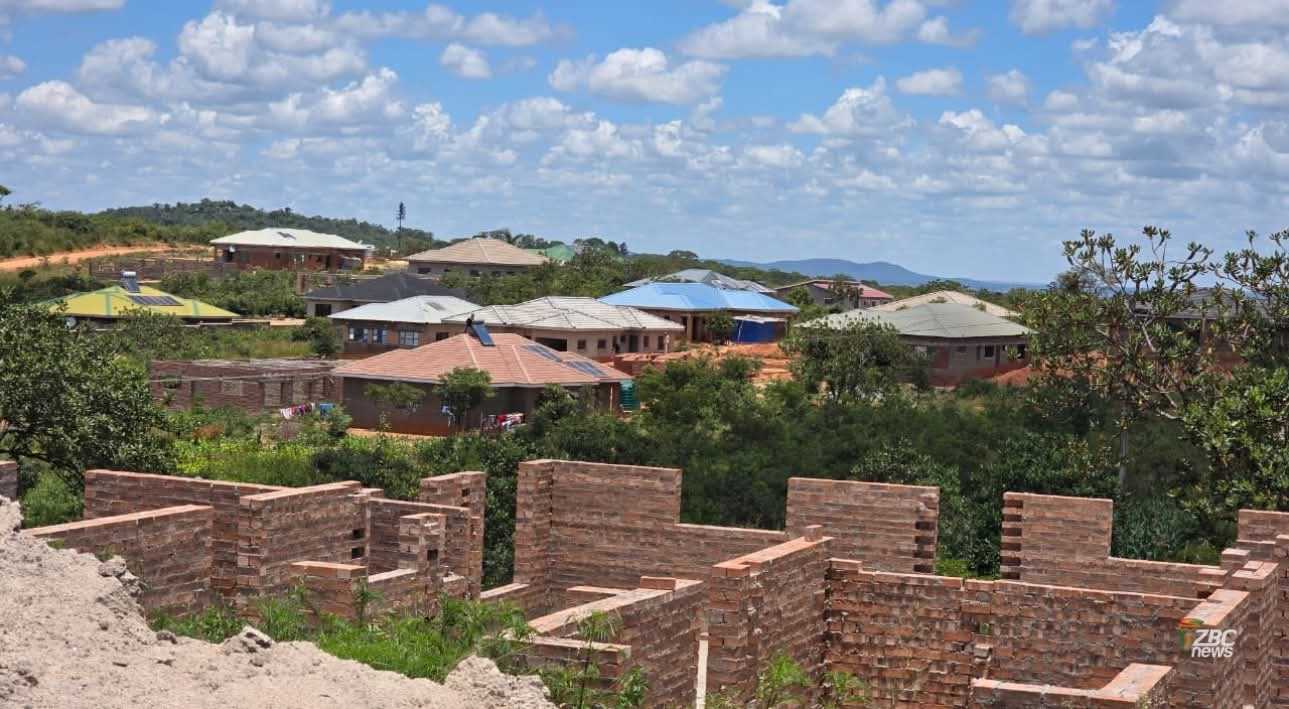
Philemon Jambaya
Assistant Editor
The gilded doors of Harare's elite had always seemed to revolve effortlessly for Jefferson Nyamuchengwa. Founder of the wildly popular clothing label Hatipfeke Junk (HJ), Nyamuchengwa, or "Boss Jeff" as he was known on the streets, was a young lion, a trendsetter who embodied the city's vibrant fashion scene.
His edgy designs, splashed across hats, t-shirts, and vests, were more than just clothing; they were a badge of belonging, a symbol of having arrived. But this week, the facade shattered.
News broke that Nyamuchengwa, caught in the undertow of a hidden storm, had attempted to take his own life.
The reports, swirling with a tragic intrigue, sent shockwaves through the city. Inside a nameless hotel room, the man who had curated cool for the young and wealthy, had sought oblivion. Details were murky, whispers replacing facts.
Friends spoke of personal demons, of burdens unseen. More pointed fingers alluded to a different kind of monster - debt, a ravenous beast that had been gnawing relentlessly at Nyamuchengwa's empire.
The exact sum remained a mystery, a figure tossed around like a cruel game of chance.
Hundreds of thousands, some murmured, debts accrued through high-risk Electronic Funds Transfer (EFT) deals, ventures that had promised riches but delivered only a suffocating noose.
The weight of these obligations tightened with each passing day.
Related Stories
A prized possession, a gleaming Mercedes Benz, was snatched away, repossessed after a minor accident exposed the unpaid balance, a physical manifestation of the financial tightrope Nyamuchengwa was walking.
The story unraveled like a cautionary fable for Harare's young hustlers. The pressure to maintain a certain "level" pulsed through the city's streets. One couldn't be seen lacking, especially amongst peers who reveled in a gaudy display of success. In this relentless pursuit of status, mental health became a forgotten casualty. There were whispers of similar tragedies, of other young go-getters who had succumbed to the crushing weight of expectation. Boss Jeff's story became a grim echo, a stark reminder of the silent struggles playing out behind the polished facades.
Amidst the swirling speculation, a sliver of hope emerged. The friends who had intervened during Nyamuchengwa's darkest hour became unlikely heroes.
Their swift action, fueled by loyalty and perhaps a dash of fear, became a lifeline thrown across a churning sea of despair. Reports of initial hesitation to settle Nyamuchengwa's meager hospital bill were met with outrage.
Social media, a relentless amplifier of both truth and vitriol, became a platform for a wake-up call. "Watch your circle," one commentator implored, highlighting the importance of genuine connections in a world obsessed with appearances.
As Nyamuchengwa recuperates, the city grapples with the uncomfortable truths his story lays bare. The ruthless efficiency of a rent-seeking economy, where survival hinges on a relentless hustle, casts a long shadow.
The glamor of the "streets," as Harare's enterprising underbelly is known, crumbles under closer scrutiny. The ever-present question of mental health support in a country grappling with its own economic demons hangs heavy.
Nyamuchengwa's saga is far from over. The road to recovery, both physical and financial, will be arduous. But perhaps, from the wreckage of his fall, a new narrative can be woven.
A narrative that encourages responsible financial practices, that celebrates seeking help, and that recognizes the importance of a genuine support system.
Hatipfeke Junk, the name once synonymous with cutting-edge fashion, may now become a symbol of resilience, a testament to the human spirit's ability to weather even the most brutal storms.
His story, etched not on fabric but on the conscience of a city, serves as a stark reminder that behind the carefully curated facade, we are all vulnerable. And it is in that vulnerability, perhaps, that we can find the strength to heal, to rebuild, and to create a future where success is not measured in cold, hard cash, but in the depth of our connections and the resilience of the human spirit.



















Leave Comments